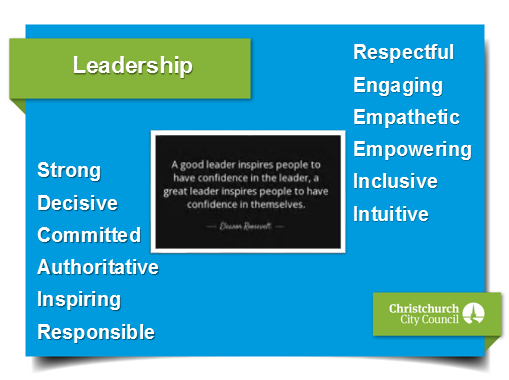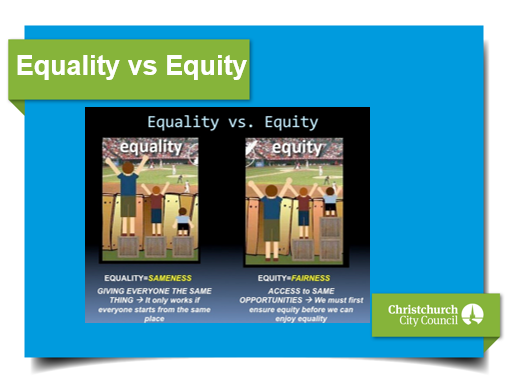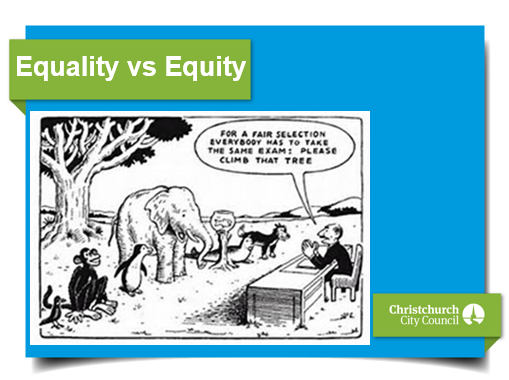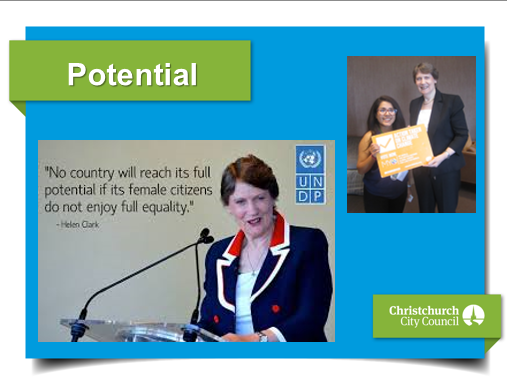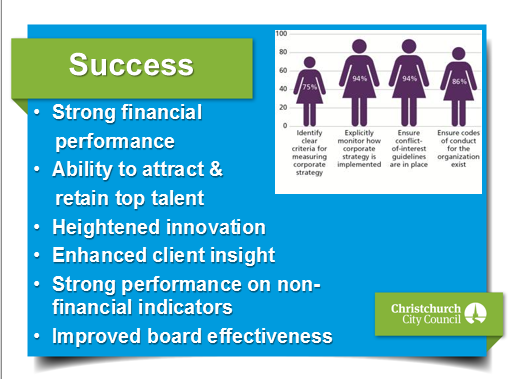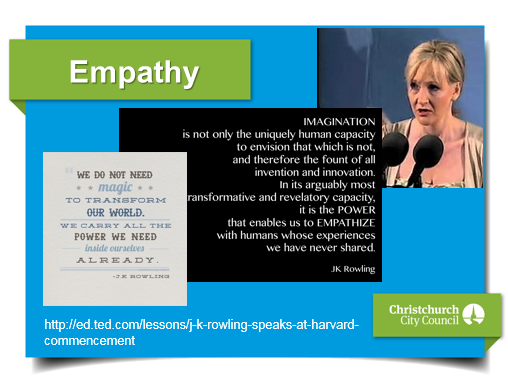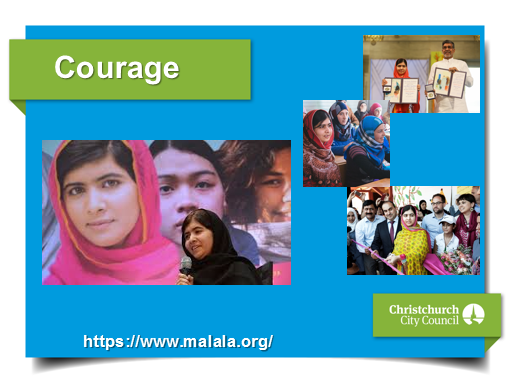Your theme of UN+Represented invites a discussion about groups in society who struggle for a voice in government – let alone an equal voice – and what that means for women.
I note on your Facebook page that you also raise the issue of the freedom of the media. I am very interested in that question, because the important role of the ‘fourth estate’ is in my view constantly undermined by the commercial imperatives that now seem to control what the public get to see and hear. In addition, the role of social media as a disruption to the fundamental protections of ‘fairness, accuracy and balance’, and the lack of moderation over even the identity of contributors to the public discourse, create a challenging environment for any government.
But I will stick to my brief.
Coming together as a Model United Nations enables you to consider issues from a range of perspectives that will help prepare you for what will be an increasingly complex and challenging world, where future events are unpredictable.
It is vital that we all understand why it is so important that all perspectives have a voice when it comes to confronting these challenges.
And this must not be viewed as a skillset required solely for the decisions taken by the United Nations. Understanding the importance of diversity at the decision-making table, is vital for taking on these challenges at the national, city, business and community level as well.
Let me focus on the importance of having women at the table, and why I have used the expression ‘Women hold up half of the sky’ as the name of this presentation.
There couldn't be a better place than Christchurch to explore this theme – the home of Kate Sheppard – the leader of the Women's Suffrage movement, who won New Zealand the status of the first country to grant women the right to vote.
Every year her memory is honoured by the Kate Sheppard Memorial Trust awarding a scholarship to a young woman determined to make a difference. Determination is a characteristic of a great leader who never gives up – it was the third petition that won the day.
I’ve highlighted a couple of quotes: “all that separates, whether of race, class, creed, or sex, is inhuman, and must be overcome” which is about human rights, and “The question for me is whether we can keep Earth a safe, pleasant place for humankind and the ecosystems we rely on”, which is a reference to the importance of the future of our planet, something that is even more important today than it was in 1893.
Since then, the Organisation has helped create a historic legacy of internationally agreed strategies, standards, programmes and goals to advance the status of women worldwide.
Today a central organising principle of the work of the United Nations is that no enduring solution to society's most threatening social, economic and political problems can be found without the full participation, and the full empowerment, of the world's women.
That is an incredibly powerful statement when you think about it. Without the full participation of women, we will not find enduring solutions to the challenges we face.
What is the ‘special value women have to offer’? In my view it is our experience of the world – our world view - that makes our contribution invaluable.
If there is one thing that was reinforced both times, it was the need for women to be at the table when decisions are made.
UN resolution 1325 specifically identifies the important role of women in the prevention and resolution of conflicts, peace negotiations, peace-building, peacekeeping, humanitarian response and in post-conflict reconstruction and stresses the importance of their equal participation and full involvement in all efforts for the maintenance and promotion of peace and security.
The challenges we face are greater today than they have ever been – disasters – caused by natural events or man-made - climate change and extreme weather events from storms to droughts, extreme violence, terrorism, income inequality.
If women don't sit at the table when the decisions are made about how to combat all of these, they are condemned to continue to be their greatest victims.
That was the message in 1995 and it was exactly the same message in 2015.
There is a slogan that has been developed within the disabilities movement – nothing about us without us.
If we don’t engage women in initiatives designed to address peace and security, disaster risk reduction, climate change adaptation and sustainable development, then I fear for the future of our planet. President Obama spoke about climate change as an imperative not to leave to our children and children’s children a planet beyond their capacity to repair. We will do that if women remain absent from the decision-making tables of the world.
I remember going to a forum a few years ago where young people were asked to describe leadership and the usual words were offered: (Click) strong, decisive, authoritative, inspiring, responsible. But my experience is that this is the heroic model of leadership.
In the emergency response period following a disaster, people often look for this form of leadership – it's the command and control model and it can be comforting, someone else taking charge, knowing what to do.
But there is another way to define leadership and this definition ties in with my experience once the immediate crisis is over and we begin the process of recovery.
Wisdom, courage, faith, moderation and justice describe a kind of leadership that is (Click) respectful, engaging, empathetic, inclusive and intuitive.
Why do I think of women when I hear those words and yet we don't necessarily think of women when we look for leaders? Have we had the image of the heroic leader drummed into us to the extent that we don't see that these are the qualities that build trust and empowers others to step up?
Or have we forgotten something else Eleanor Roosevelt said: (Click) “A good leader inspires people to have confidence in the leader; a great leader inspires people to have confidence in themselves.”
And why do people stand in the way of programmes that are designed to improve women’s participation?
There is a difference between equality and equity as this simple graphic highlights.
Equality is sameness – giving everyone the same thing. It only works if everyone starts from the same place. Equity or Justice encapsulates the notion of fairness. Giving people the same opportunity.
“Globalization and technology change are driving that change. It’s important that women are able to succeed in this new world of work.
As it is, a global wage gap persists, with women earning on average 24 per cent less than men. Women are only half as likely as men to have full-time waged jobs with an employer. Women are over-represented in vulnerable and informal work, often without social protection, and are under-represented in management in the corporate sector, holding only 22 per cent of senior business leadership positions.
A disproportionate load of unpaid work is a constraint on women in the workforce. Women are estimated to do as much as three times as much unpaid work as men do – from caring for children, the ill, and the elderly to growing and preparing food.
In communities lacking ready access to basic services, investments in water and sustainable energy would save women the time they currently spend gathering water and fuel. Changing gender stereotypes so that both men and women contribute to care work is also important in achieving gender equality.
Access to new technologies is important for women in all societies – for access to information and to services, including for banking. Girls should be encouraged to study science, technology, engineering and maths, subjects which open up many opportunities, and more corporate effort is needed to promote women’s participation and advancement in the technology sectors.
In the 173 economies covered in the World Bank’s 2016 report on Women, Business and the Law, 155 have at least one law which discriminates against women. There are still countries where women do not have the right to divorce, inherit property, own or rent land, or access credit. This is a huge constraint on women’s economic empowerment.
The time is now to resolve to clear away the barriers to gender equality in the world of work and all other spheres. The 2030 Agenda for Sustainable Development urges that no one be left behind. That means leaving no woman behind – anywhere.”
•Strong financial performance
•Ability to attract & retain top talent
•Heightened innovation
•Enhanced client insight
•Strong performance on non-financial indicators
•Improved board effectiveness
She talked about her time at Amnesty International and meeting asylum seekers, whose stories haunted her at nights. Imagining the horrors they and their families experienced created empathy – one of those characteristics of leadership.
She said:
“Amnesty mobilises thousands of people who have never been tortured or imprisoned for their beliefs to act on behalf of those who have. The power of human empathy, leading to collective action, saves lives, and frees prisoners.
Ordinary people, whose personal well-being and security are assured, join together in huge numbers, to save people they do not know, and will never meet.
My small participation in that process was one of the most humbling and inspiring experiences of my life.”
She spoke of the privilege and the burden of being Harvard graduates and the influence they would have not only on their country but on the world:
“If you choose to use your status and influence to raise your voice on behalf of those who have no voice; if you choose to identify not only with the powerful, but with the powerless; if you retain the ability to imagine yourself into the lives of those who do not have your advantages, then it will not only be your proud families who celebrate your existence, but thousands and millions of people whose reality you have helped change.
We do not need magic to change the world, we carry all the power we need inside ourselves already: we have the power to imagine better.”
It really is worth watching the whole address http://ed.ted.com/lessons/j-k-rowling-speaks-at-harvard-commencement
Malala was born on 12 July 1997 in Mingora, a town in the Swat District of north-west Pakistan. Her father, who ran a school in Swat, was known as an advocate for education in Pakistan, which has the second highest number of out of school children in the world. He had become an outspoken opponent of Taliban efforts to restrict education and stop girls from going to school.
Malala shared her father’s passion for learning and loved going to school. In 2009, as the Taliban’s military hold on Swat intensified, Malala began writing a blog about the importance of education for girls under a pseudonym. Her identity was later revealed and when, in 2011, she received Pakistan's first National Youth Peace Prize and was nominated for the International Children's Peace Prize, she became a target for the Taliban.
On 9 October 2012, as Malala and her friends were travelling home from school, a masked gunman entered their school bus and asked for Malala by name. She was shot with a single bullet which went through her head, neck and shoulder.
Malala survived to become a global advocate for the millions of girls being denied a formal education because of social, economic, legal and political factors, co-founding the Malala Fund with her father. She became the youngest recipient of the Nobel Peace Prize on 10 December, 2014, contributing her entire prize money of more than $500,000 to financing the creation of a secondary school for girls in Pakistan. https://www.malala.org/
Conclusion
Malala was 12 years old when she wrote her blog, putting her life at risk and was 15 years old when she was shot. What would anyone of us have done?
I am ending with this inspirational youth leader as I believe she portrays a depth of courage that belies her age. In her early teens, Malala was aware of the social and economic impact of girls' education and was willing to risk her life to empower girls to raise their voices, to unlock their potential and to demand change.
I fear that those of us in the developed world, who joke about our first world problems, have lost the sense of purpose that drives someone like Malala.
If women are to hold up half the sky then we need women of purpose to stand up and be counted in every sphere of life and we need men, good, strong men, who understand why they need these women at their side.






